8 Cholesterol-Lowering Foods Every Doctor Recommends (and You’ll Actually Want to Eat)
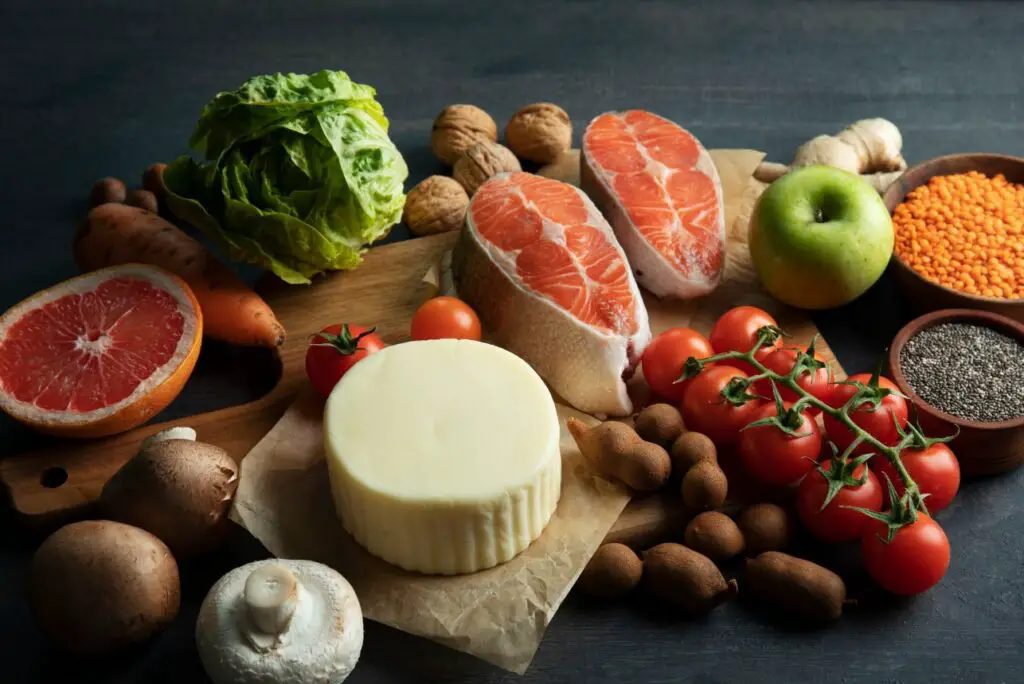
If you’re over 50, chances are you’ve thought about your cholesterol at least once during a doctor’s visit. High LDL (“bad”) cholesterol is one of the major risk factors for heart disease, especially as we age. But here’s some good news—lowering cholesterol doesn’t always require medication. In fact, your grocery list might hold some of the best solutions for better heart health. From hearty oats to creamy avocados, these eight doctor-recommended foods are not only good for your heart but also delicious and easy to incorporate into your daily routine.
Let’s dig into the foods that could help bring those cholesterol numbers down—and maybe even make mealtime a little more exciting.
1. Oats: Start Your Morning the Heart-Healthy Way
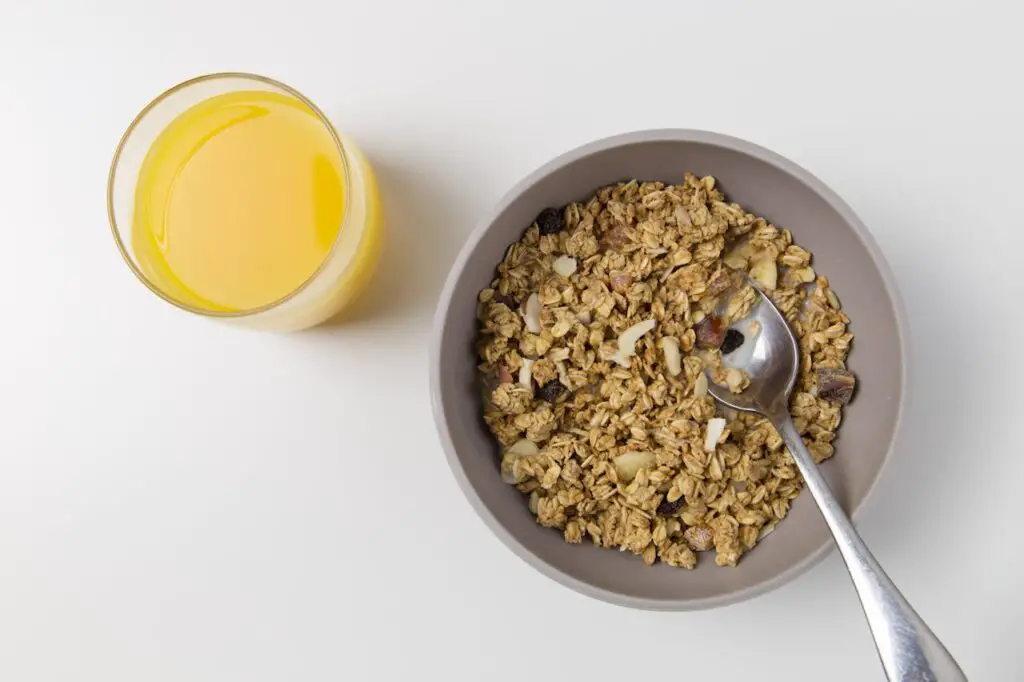
Oats are practically the poster child for cholesterol-lowering foods—and for good reason. They’re packed with soluble fiber, particularly beta-glucan, which works like a sponge in your digestive system, soaking up LDL cholesterol and carrying it out of the body. For best results, aim for at least one and a half cups of cooked oatmeal per day, which gives you around 3 grams of soluble fiber. Not an oatmeal fan? Sprinkle oat bran into your smoothies or bake it into muffins. Add cinnamon, fruit, or a spoonful of nut butter, and suddenly it’s a treat, not a chore. Bonus: they’re easy on the wallet and gentle on digestion—ideal for anyone in their 50s, 60s, and beyond.
2. Fatty Fish: Delicious Omega-3s That Pack a Heart-Healthy Punch
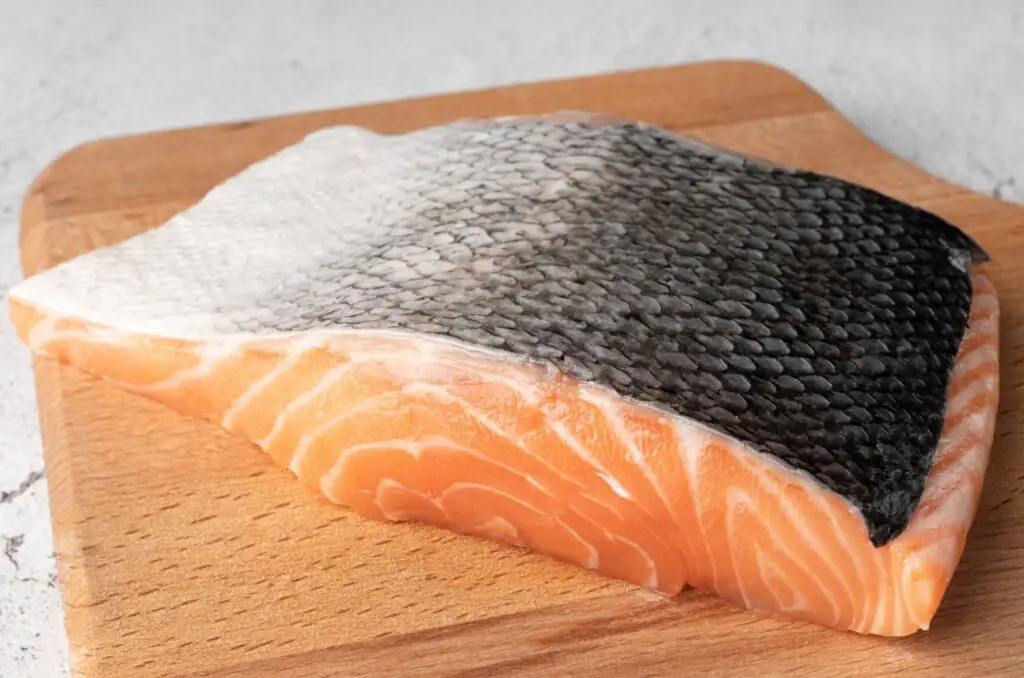
Fish like salmon, mackerel, sardines, and trout aren’t just tasty—they’re filled with omega-3 fatty acids, which are known to reduce triglycerides, lower blood pressure, and help stabilize your heart rhythm. While omega-3s don’t lower LDL cholesterol directly, they support heart health overall and may slightly raise HDL (the “good” cholesterol). For best results, try to eat fatty fish twice a week. Grilling or baking them with a bit of lemon and herbs keeps things simple and flavorful. If fish isn’t your thing, consider talking to your doctor about omega-3 supplements. But when you can eat your medicine in the form of grilled salmon with a side of roasted veggies, why wouldn’t you?
3. Nuts: The Crunchy Snack That’s Actually Good for You
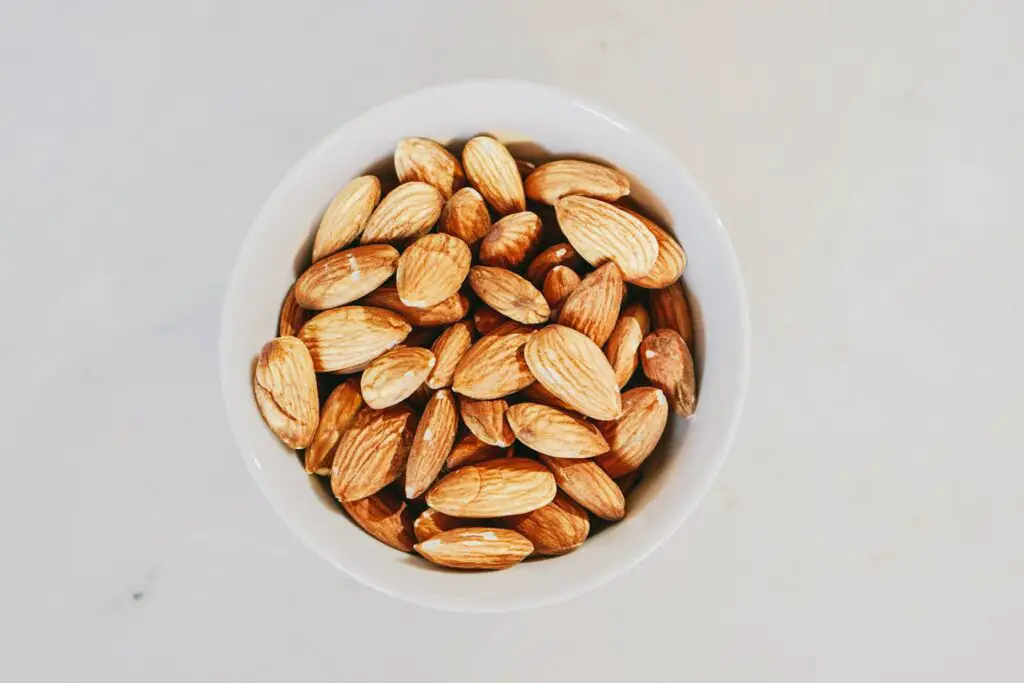
Nuts are the kind of snack that feels like an indulgence but comes with big benefits. Almonds, walnuts, pistachios, and other tree nuts contain heart-healthy unsaturated fats, fiber, and plant sterols—all of which help reduce LDL cholesterol levels. Just a handful (about 1.5 ounces) a day is enough to help your heart without tipping the calorie scale. They also contain magnesium and vitamin E, which are great for overall cardiovascular health. Keep a jar on your kitchen counter for snacking, or toss them into your morning cereal or afternoon salad. And no, chocolate-covered doesn’t count (sorry).
4. Beans and Lentils: The Unsung Heroes of Cholesterol Control
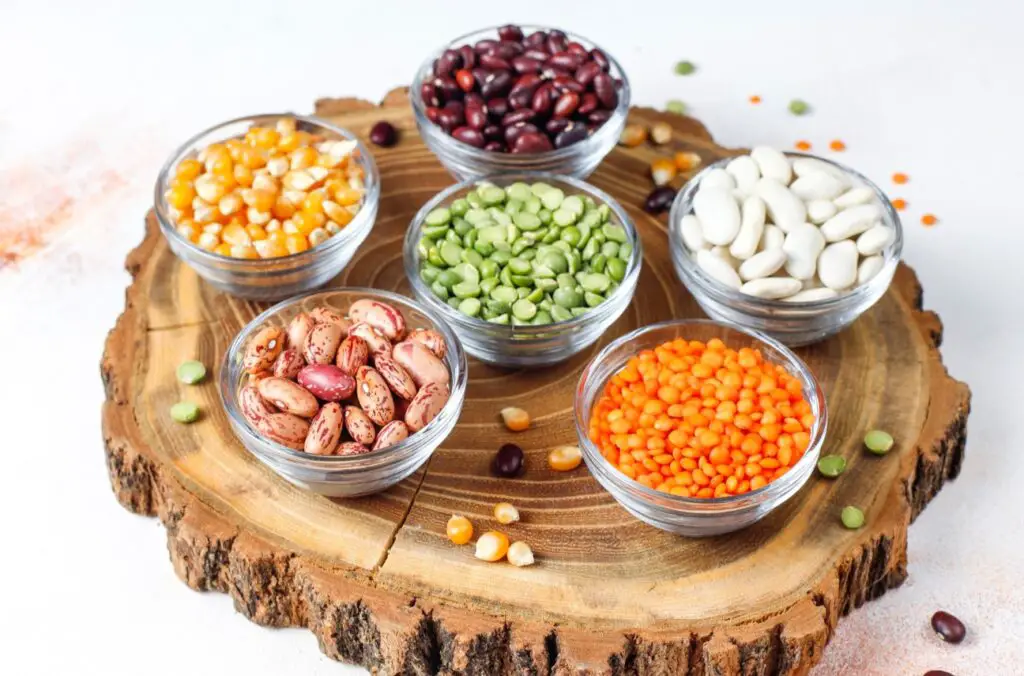
These little legumes don’t get nearly the attention they deserve. Beans and lentils are packed with soluble fiber, protein, and a host of heart-healthy nutrients. That fiber slows digestion and keeps cholesterol from being absorbed into your bloodstream. Better still, they’re low in fat and incredibly versatile—throw black beans into tacos, add chickpeas to salads, or stir lentils into soups. They also help with weight control by keeping you full longer, which indirectly supports cholesterol management. For folks over 50 watching both heart health and the grocery budget, beans and lentils check every box.
5. Avocados: Creamy, Dreamy, and Cholesterol-Friendly
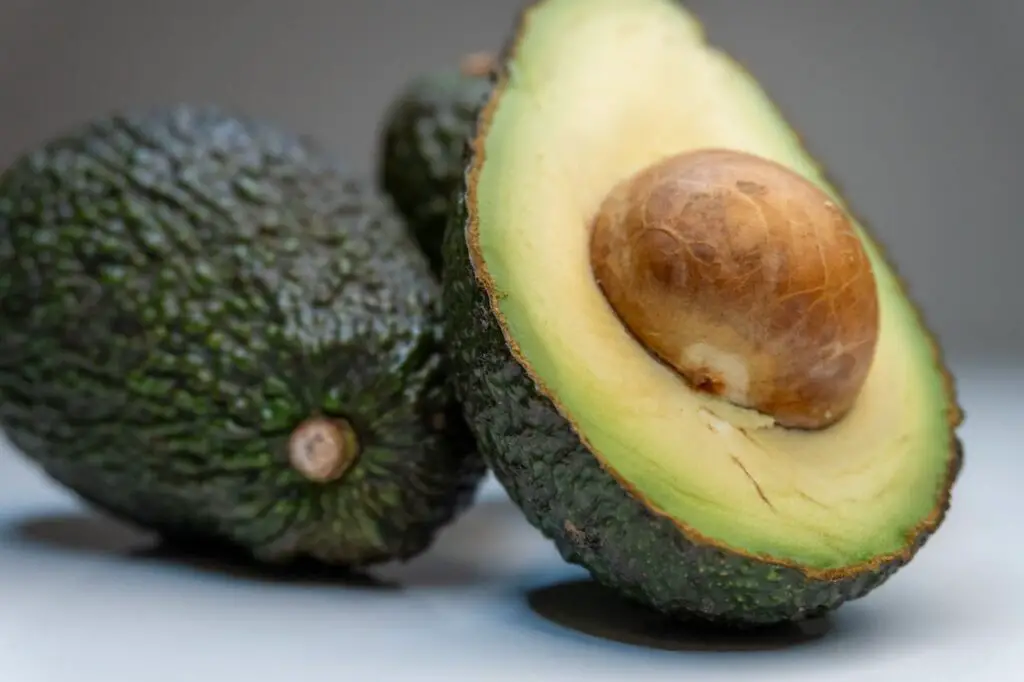
It’s no surprise avocados have become a brunch staple—they’re rich, satisfying, and surprisingly good for your heart. Full of monounsaturated fats and fiber, avocados can help lower LDL cholesterol and raise HDL levels when used in place of saturated fats like butter or cheese. Try slicing one onto whole-grain toast, dicing it into a salad, or even blending it into a smoothie for creaminess without dairy. While they are calorie-dense, the fat is the kind your heart loves. If you’re someone who thought giving up rich, satisfying foods was the only way to protect your heart, the avocado is here to prove otherwise.
6. Olive Oil: Swap the Butter for This Liquid Gold
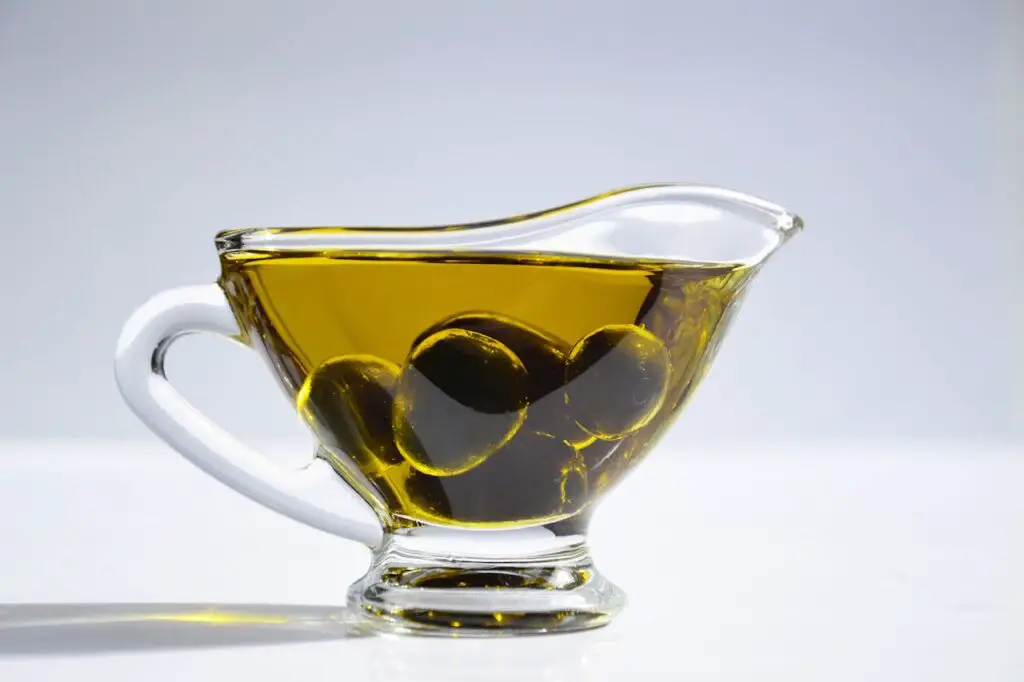
When it comes to cooking fats, extra virgin olive oil is a smart choice. It’s packed with antioxidants called polyphenols and monounsaturated fats, both of which can reduce LDL cholesterol and inflammation. Swapping just two tablespoons of butter a day with olive oil has been shown to significantly support heart health. Use it in salad dressings, drizzle it over steamed veggies, or sauté your favorite greens in it. It’s the kind of ingredient that adds flavor and health benefits in one easy step. Pro tip: buy cold-pressed extra virgin varieties for the highest quality and best taste.
7. Berries, Apples, and Citrus: Sweet, Simple, and Effective
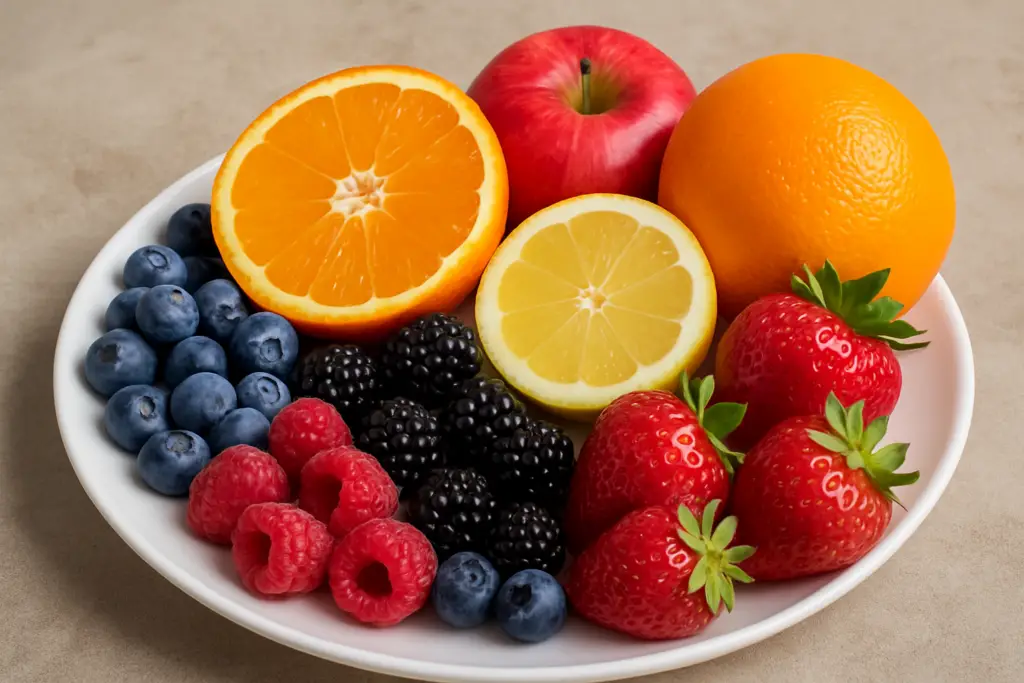
Who said heart-healthy eating has to be boring? Fruits like strawberries, apples, oranges, and grapes are rich in pectin, a type of soluble fiber that binds to cholesterol in the gut and helps remove it. These fruits are also loaded with antioxidants that reduce inflammation and oxidative stress. A medium apple a day really can keep the doctor away—and no, you don’t have to peel it! Try snacking on an orange in the afternoon or adding fresh berries to your morning cereal. They’re nature’s dessert, with benefits that go way beyond taste.
8. Foods Fortified with Plant Sterols and Stanols
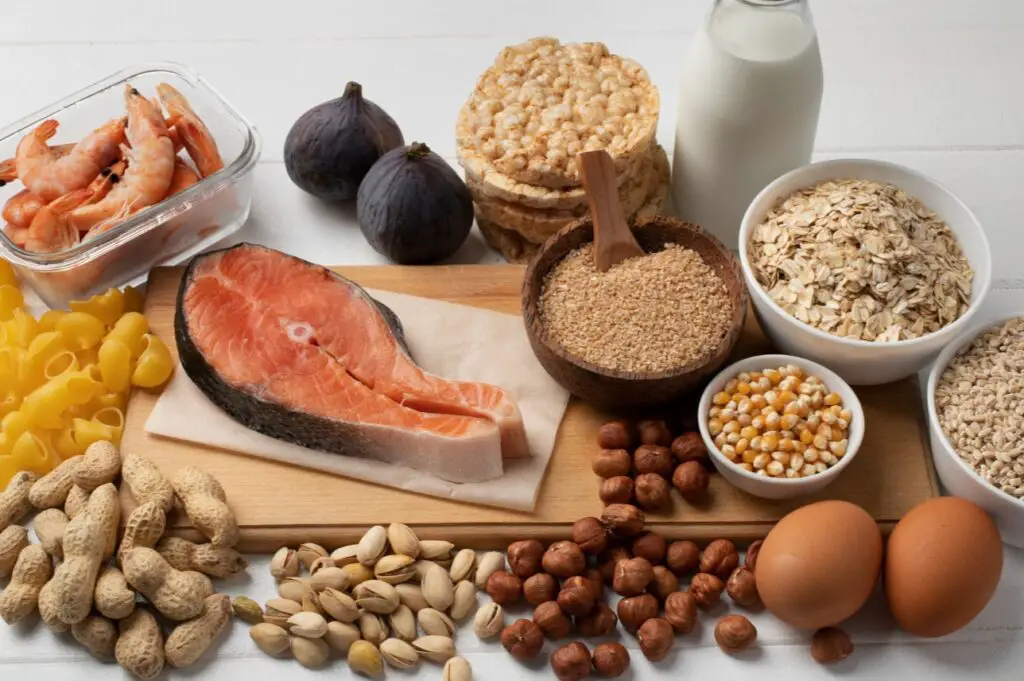
This last one may not be a whole food, but it’s worth including. Many products—like certain margarines, yogurts, and orange juices—are fortified with plant sterols and stanols, natural substances that help block cholesterol absorption in the gut. Just 2 grams a day can lower LDL cholesterol by up to 10%. That’s a powerful punch from a small serving. While you don’t need to build your entire diet around fortified foods, adding them in smartly—say, using a sterol-fortified spread on your morning toast—can be a simple and effective strategy for cholesterol control. Just be sure to read labels and avoid added sugars.
Final Thoughts
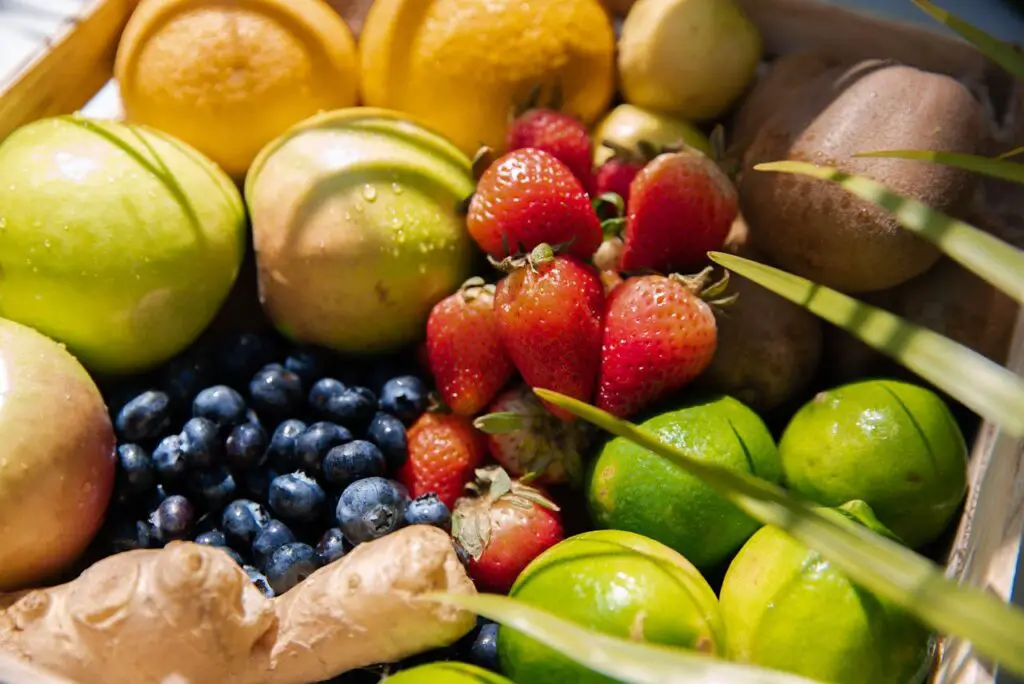
As we age, managing cholesterol becomes more than a health goal—it’s a smart investment in long-term vitality. But instead of relying solely on prescriptions and restrictions, we can turn to our plates for help. Each of these eight foods supports your heart in a natural, proven way, and most importantly, they’re delicious, accessible, and easy to work into your life without overhauling everything.
Whether it’s adding oats to your breakfast, enjoying salmon for dinner, or reaching for a handful of walnuts in the afternoon, small, consistent changes can have a big impact. So next time you’re in the grocery store, think of your cart as your heart’s first line of defense. And hey, if you end up loving your new cholesterol-friendly meals? That’s just a happy bonus.
Remember: Always check with your doctor or a registered dietitian before making major changes to your diet, especially if you have medical conditions or are taking medications.
Leave a Reply